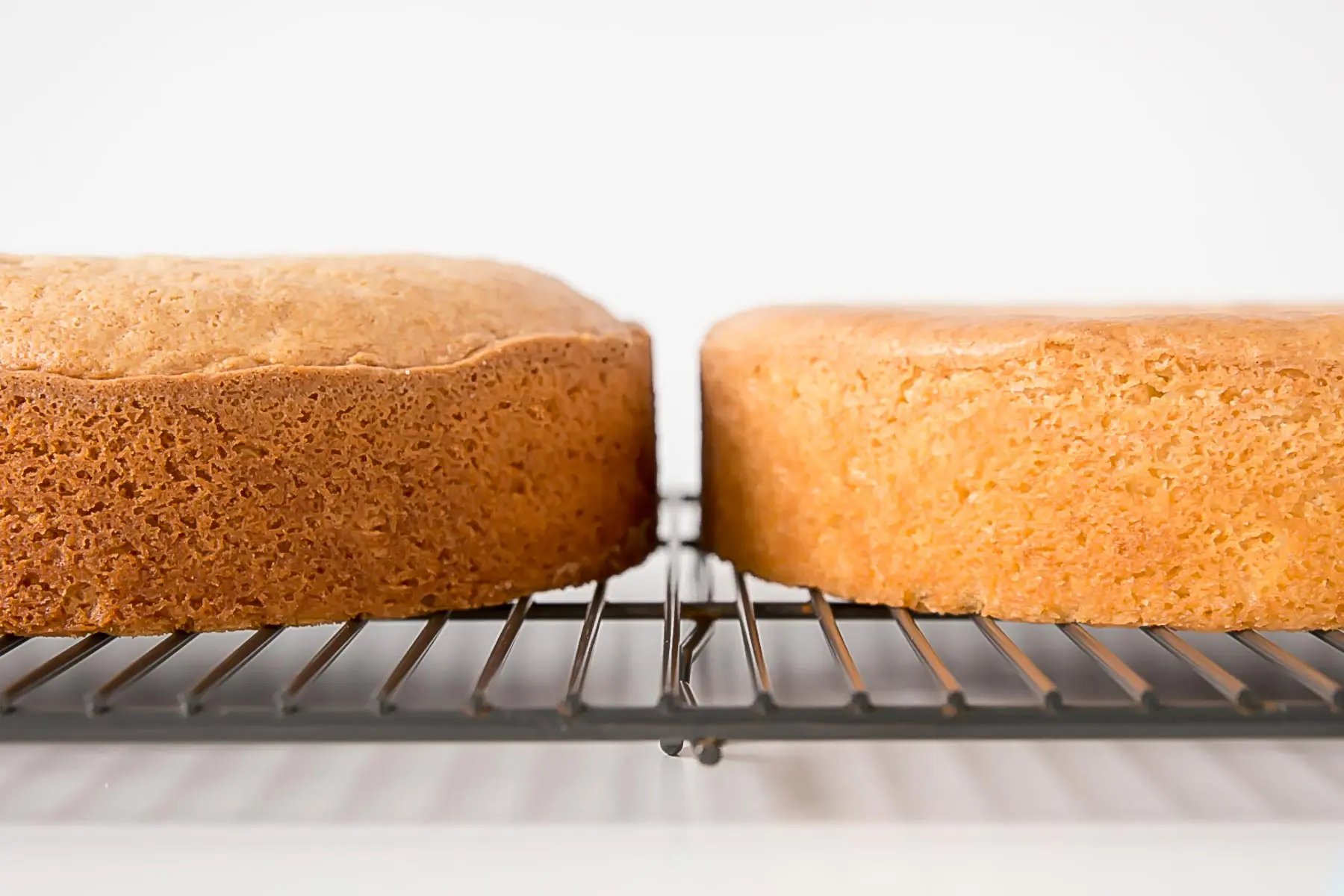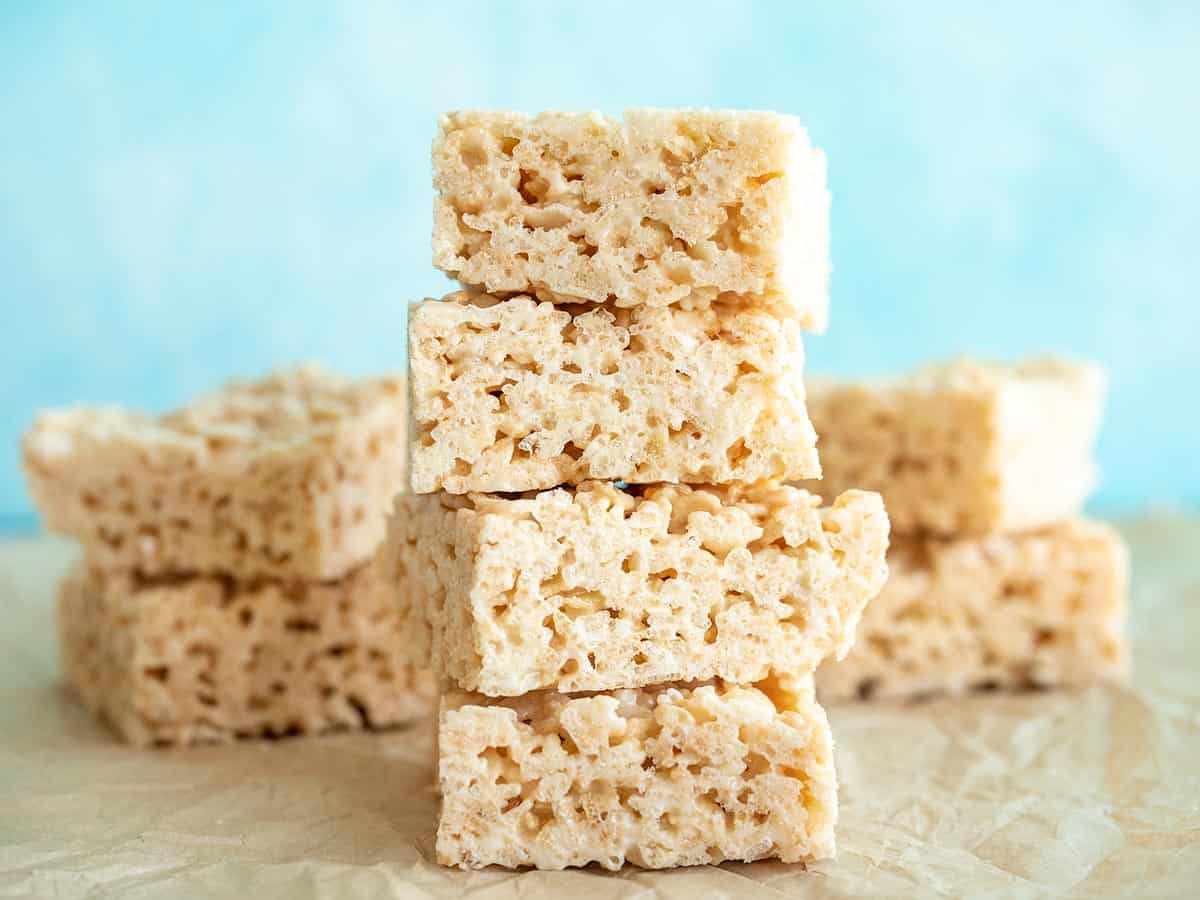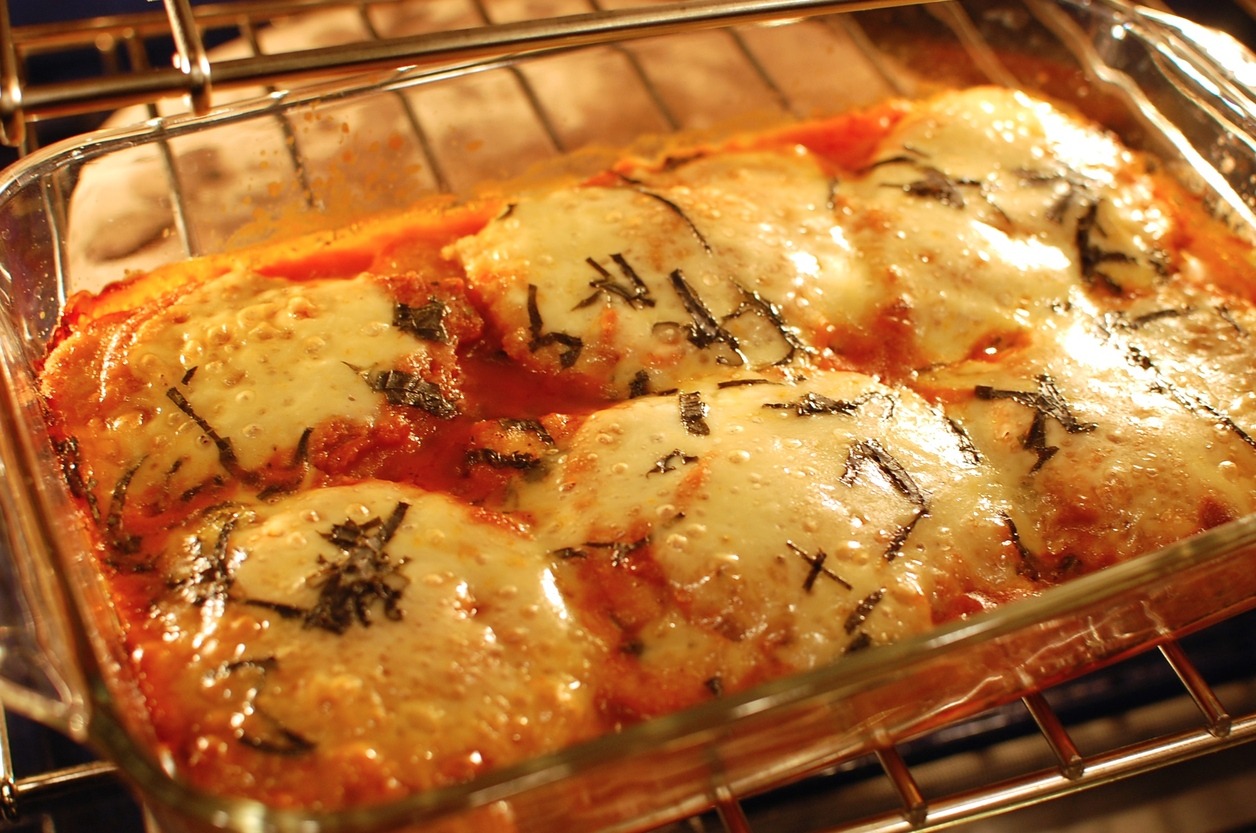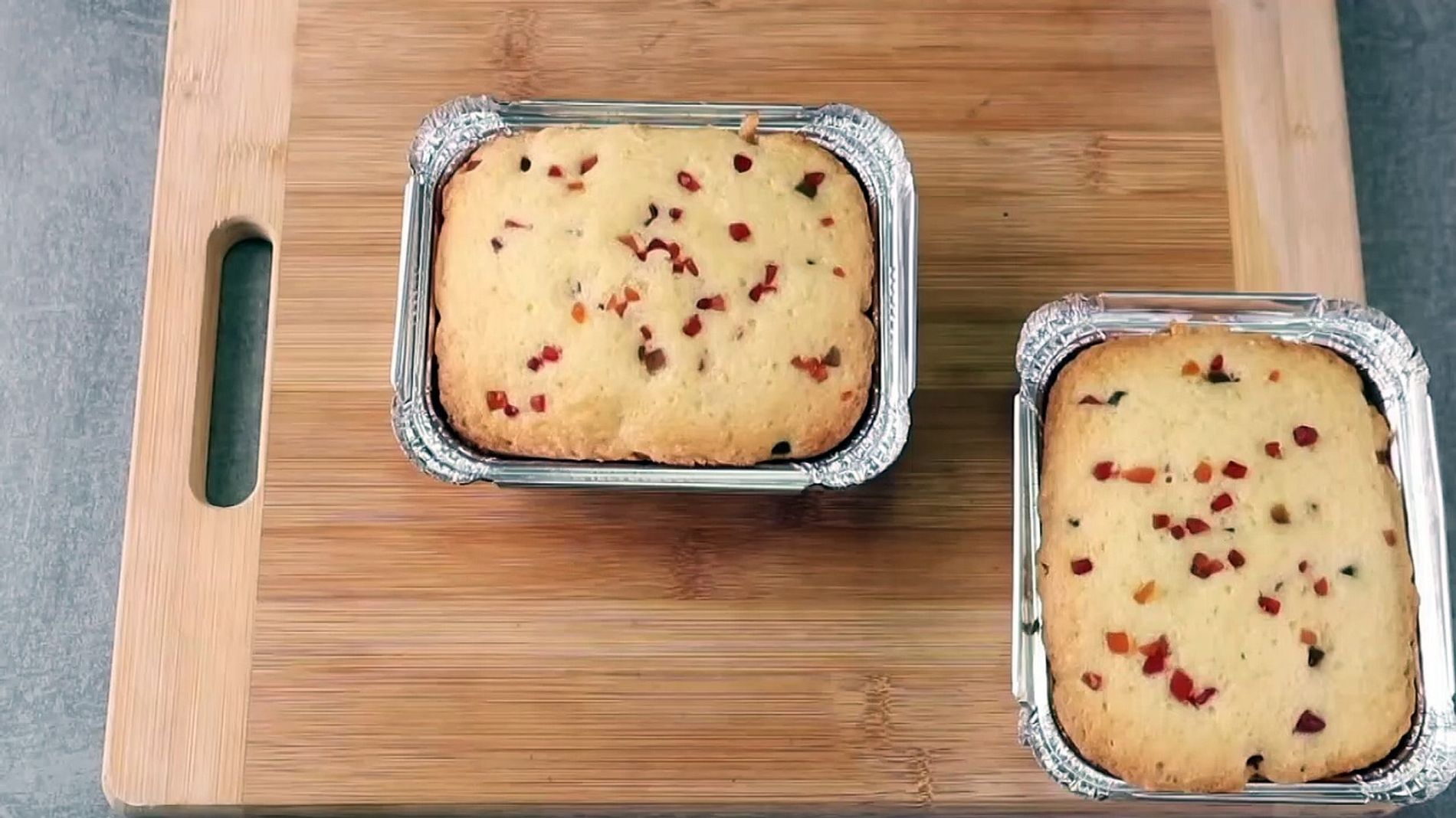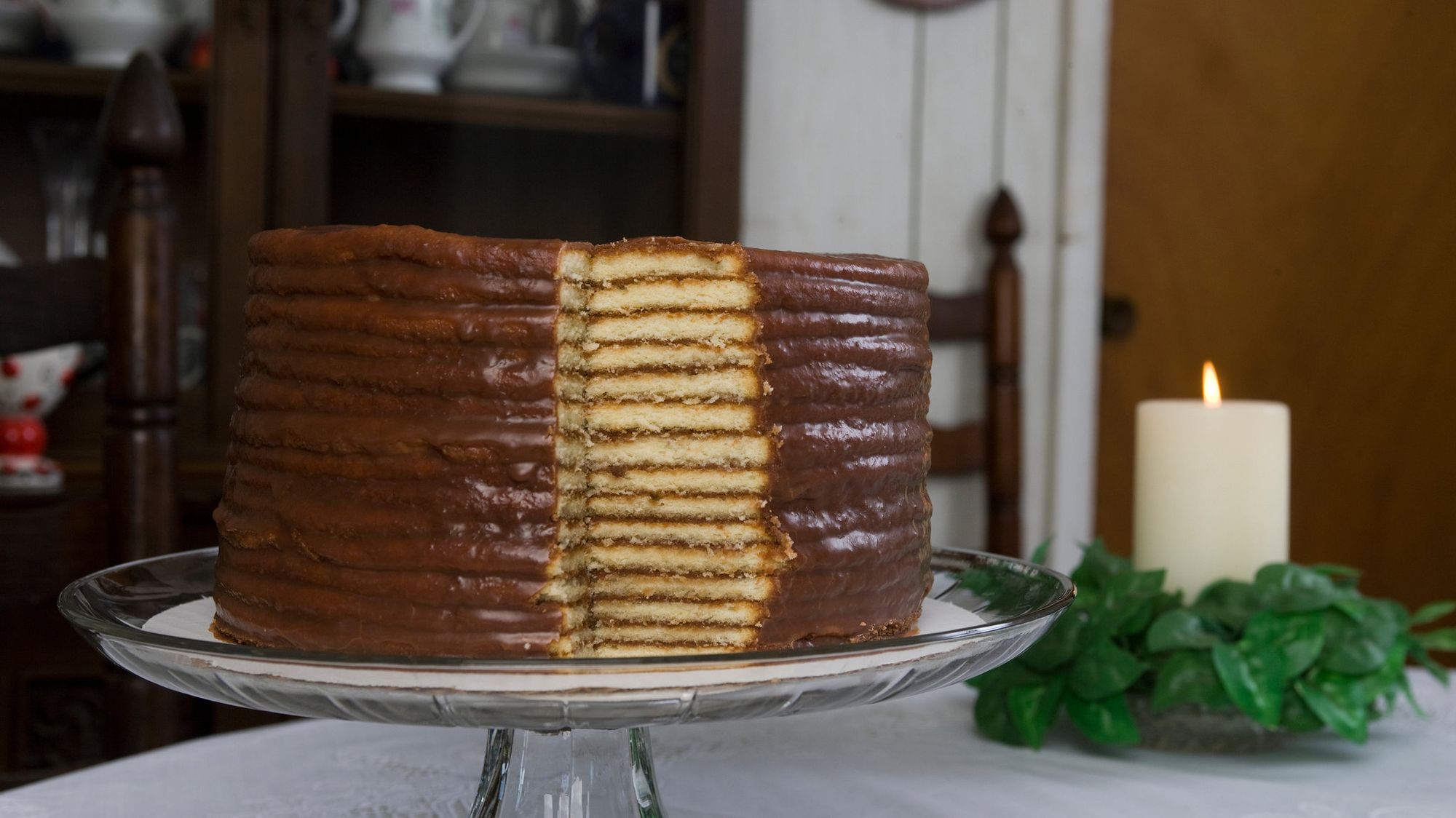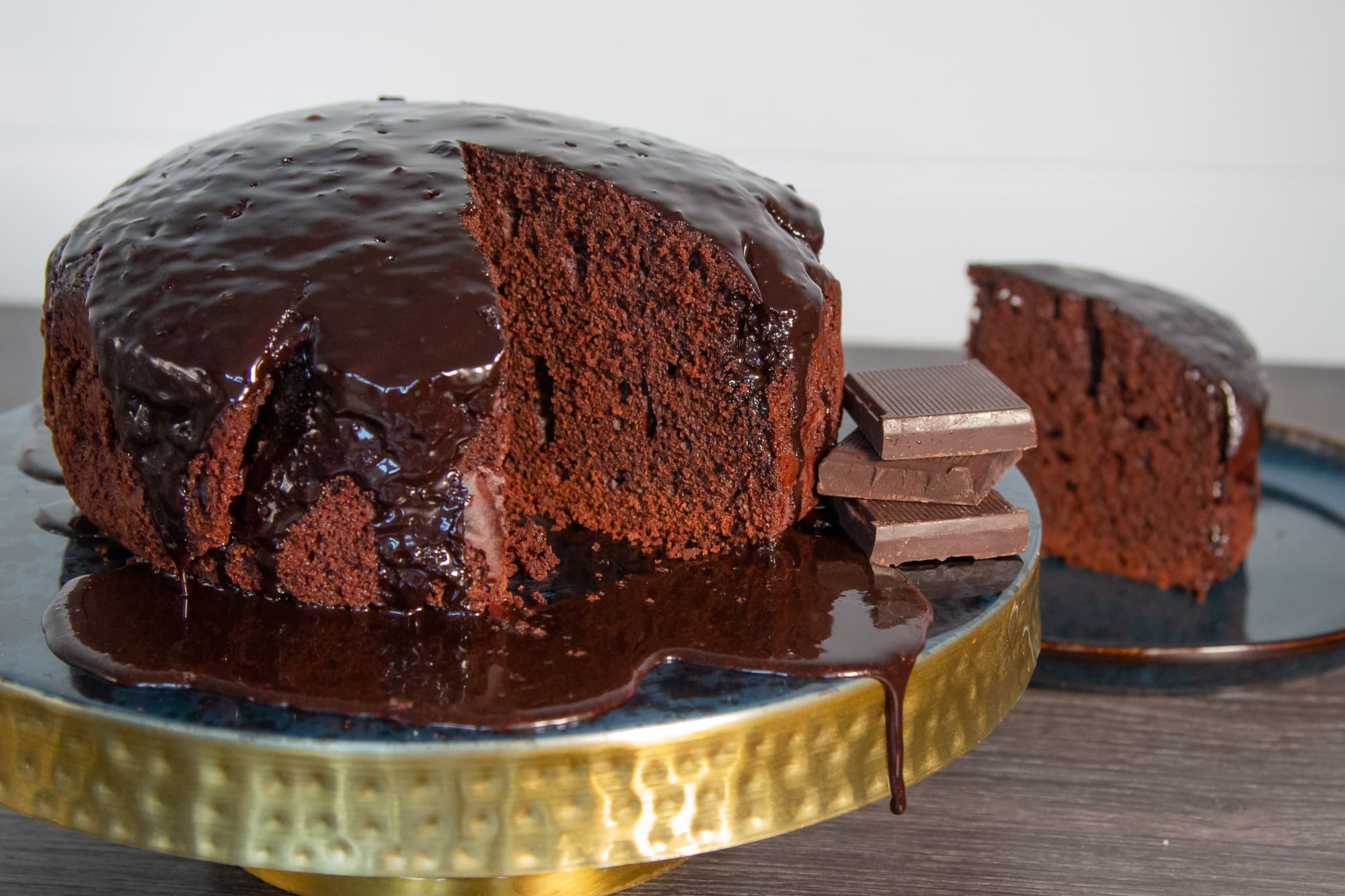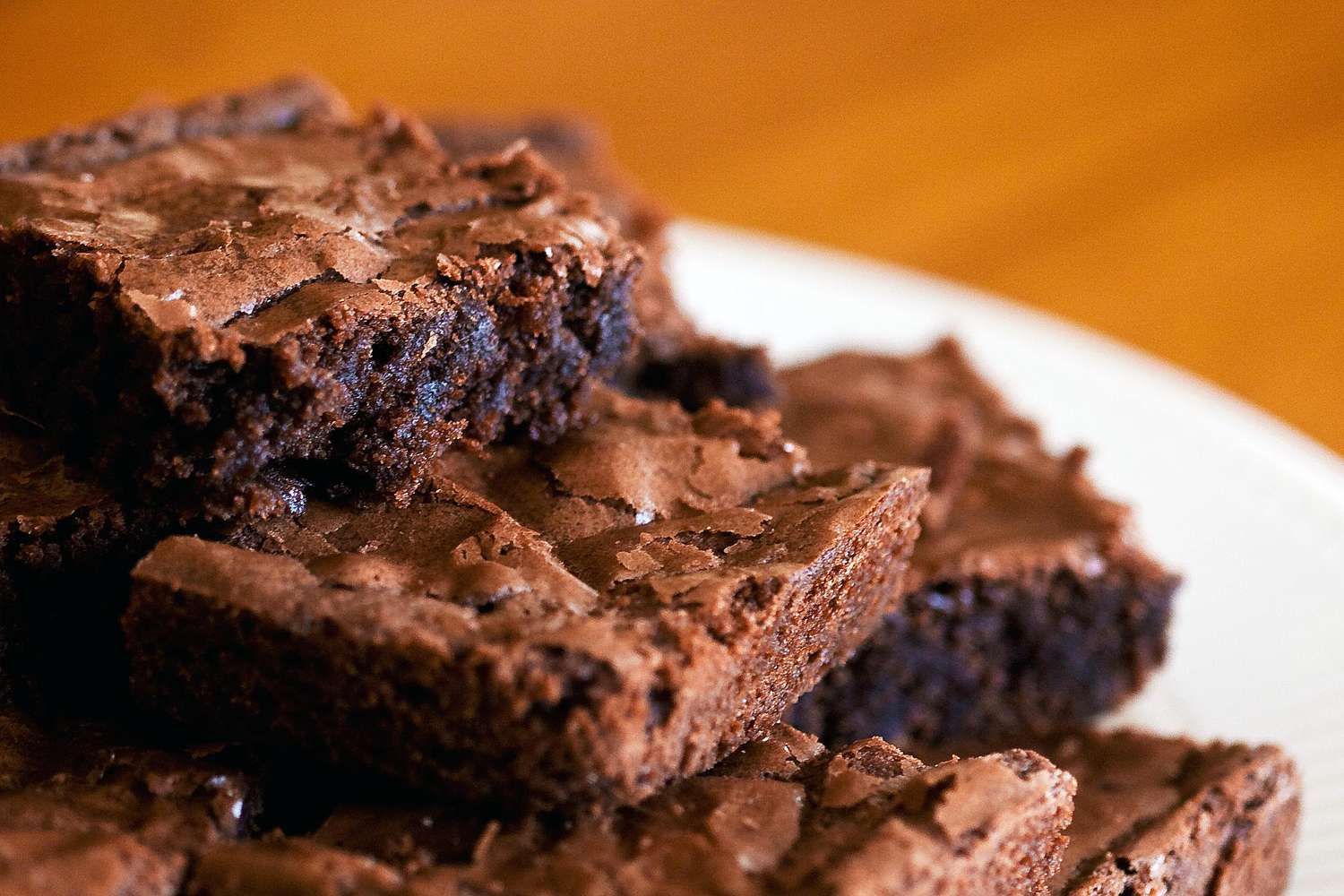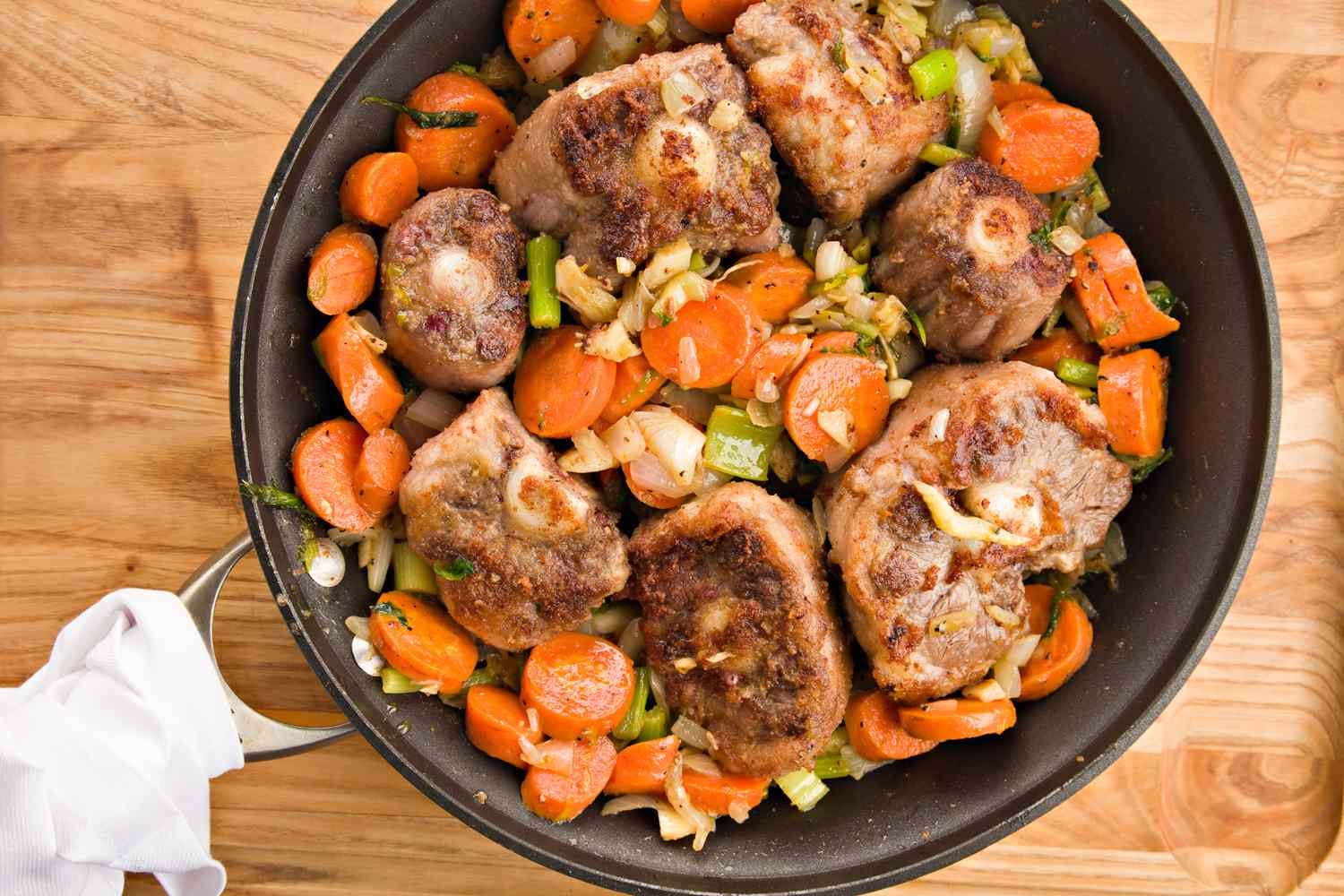Get Ready to Bake Some Delicious Easter Eggs in the Oven!
Are you looking for a fun and unique way to celebrate Easter this year? Why not try baking Easter eggs in the oven? It’s a simple and creative way to add a twist to your traditional Easter egg decorating. Plus, it’s a great activity for the whole family to enjoy together. In this article, we’ll walk you through the steps to bake Easter eggs in the oven, so you can create beautiful and delicious treats for the holiday.
What You’ll Need:
Before you get started, make sure you have the following supplies on hand:
- Hard-boiled eggs
- Food coloring
- Vinegar
- Small bowls or cups
- Baking sheet
- Cooling rack
- Pastry brush
- Cooking oil
Instructions:
Now that you have all your supplies ready, follow these simple steps to bake your Easter eggs in the oven:
- Prepare the Eggs: Start by hard-boiling your eggs and allowing them to cool completely. Once they are cooled, carefully peel the eggs and set them aside.
- Prepare the Dye: In separate bowls or cups, mix together your desired food coloring with a splash of vinegar. The vinegar will help the color adhere to the eggshells.
- Dye the Eggs: Gently place the peeled eggs into the bowls of dye, making sure they are fully submerged. Let the eggs sit in the dye for a few minutes until they reach your desired color intensity.
- Preheat the Oven: While the eggs are drying, preheat your oven to 350°F (175°C).
- Prepare the Baking Sheet: Lightly grease a baking sheet with cooking oil to prevent the eggs from sticking.
- Place the Eggs on the Baking Sheet: Once the eggs are dyed and dried, carefully place them on the prepared baking sheet.
- Bake the Eggs: Place the baking sheet in the preheated oven and bake the eggs for 10-15 minutes. This will help set the dye and give the eggs a beautiful, glossy finish.
- Cool and Display: Once the eggs are done baking, remove them from the oven and allow them to cool on a wire rack. Once they are completely cool, display them in a decorative basket or egg holder for everyone to admire.
Enjoy Your Baked Easter Eggs!
Now that you’ve baked your Easter eggs in the oven, it’s time to enjoy the fruits of your labor. These colorful and vibrant eggs not only make a stunning centerpiece for your Easter table, but they also make a delicious and nutritious snack. Whether you’re hosting an Easter brunch or simply looking for a fun activity to do with the kids, baking Easter eggs in the oven is a creative and enjoyable way to celebrate the holiday. So, gather your supplies, get cracking, and have a wonderful time baking and decorating your Easter eggs this year!
Was this page helpful?
Read Next: How To Bake A Crumble
